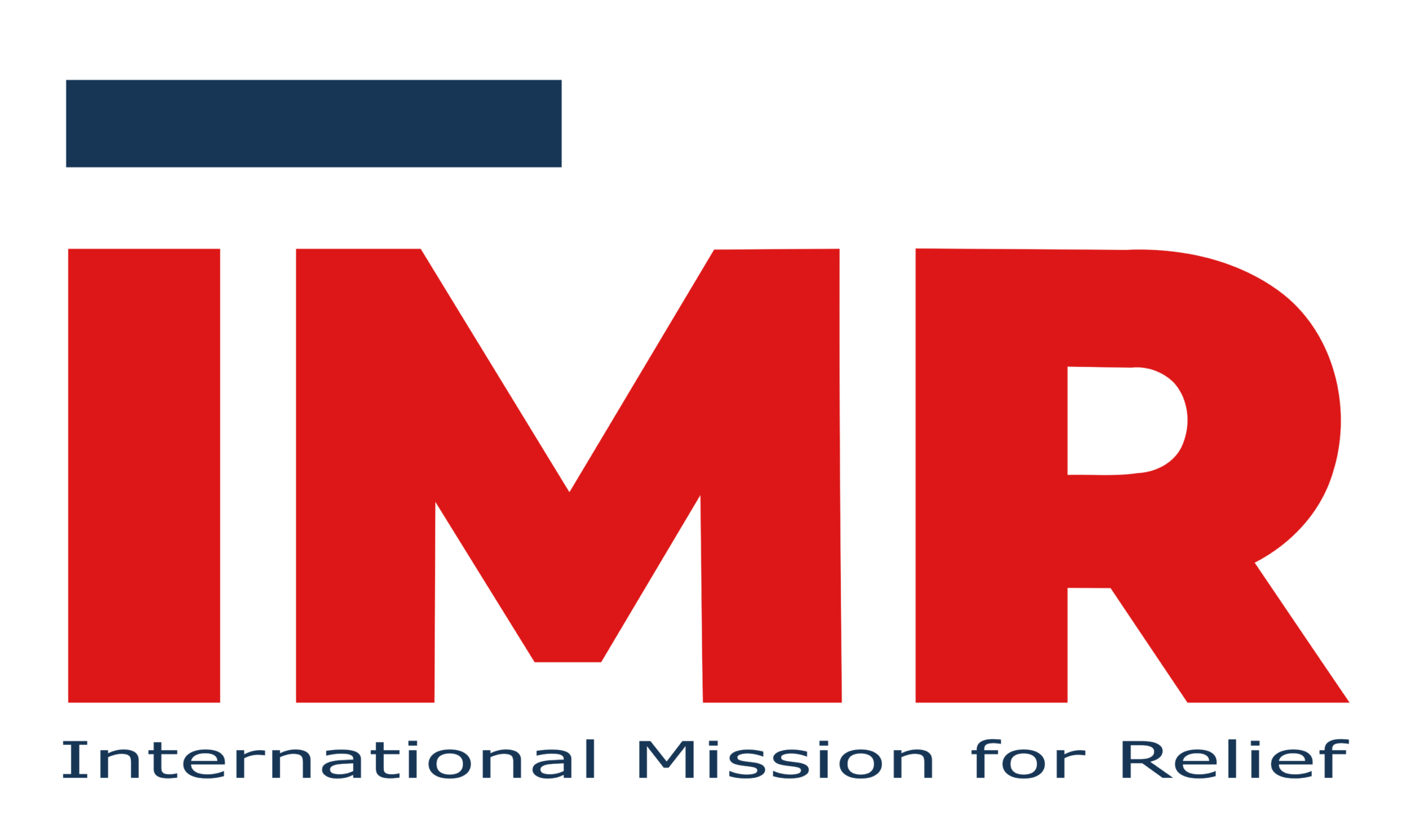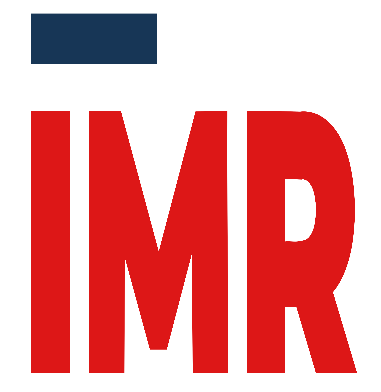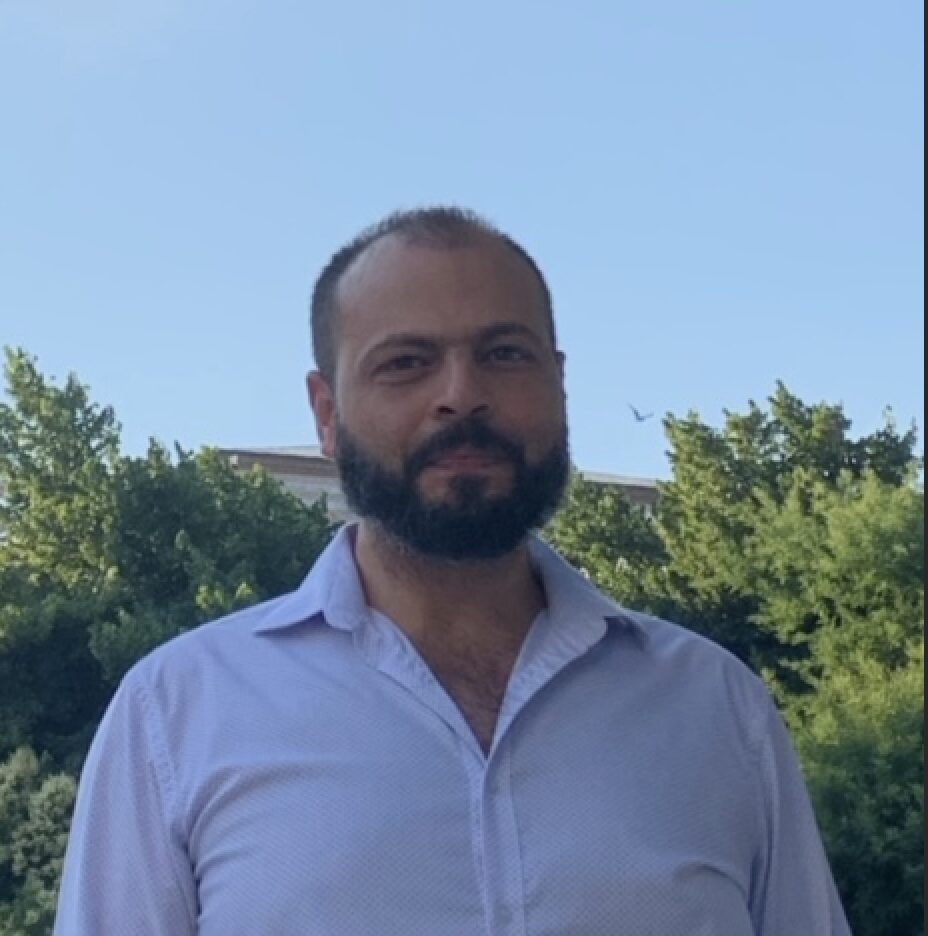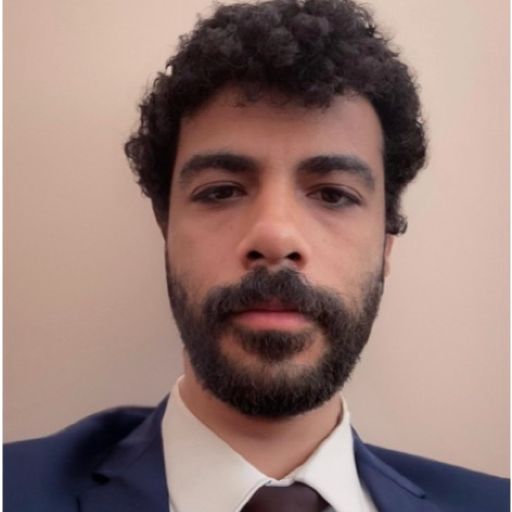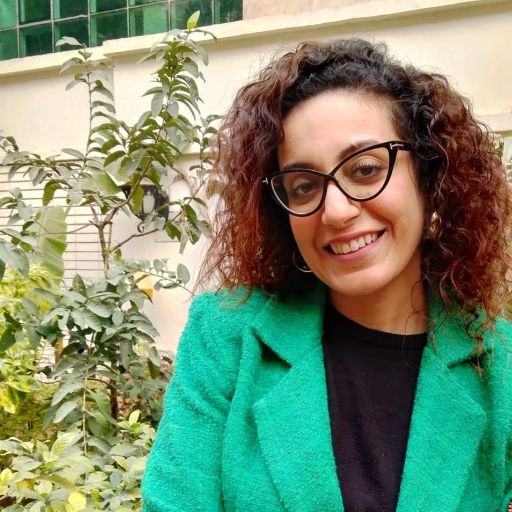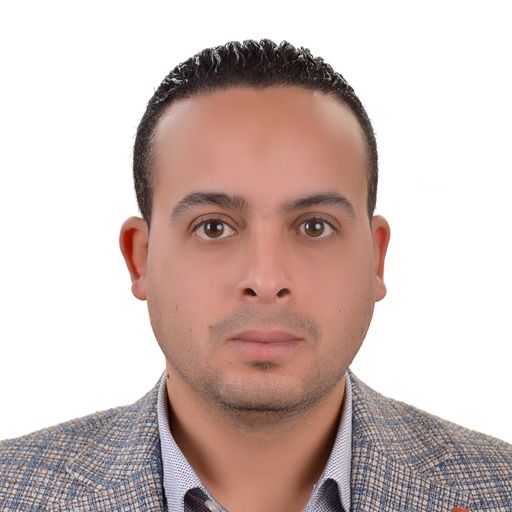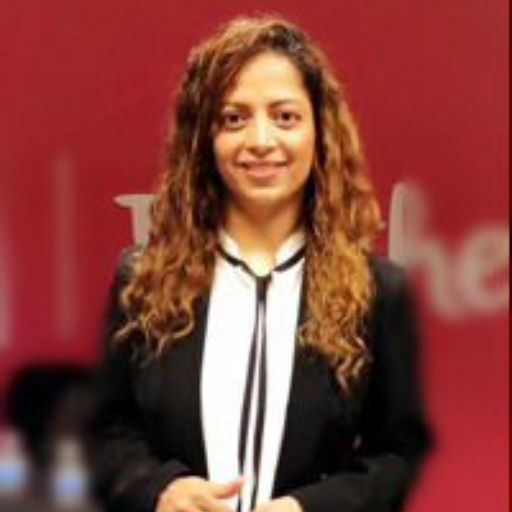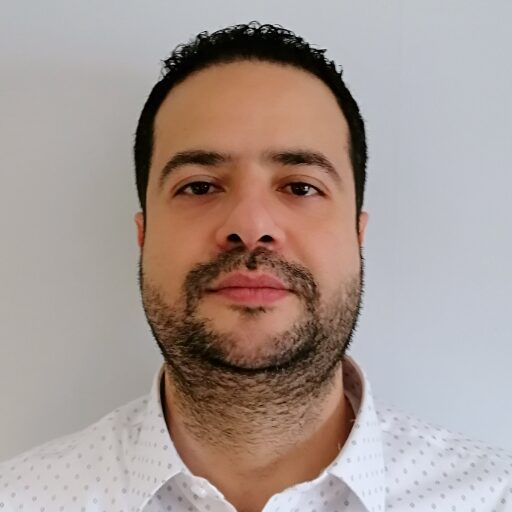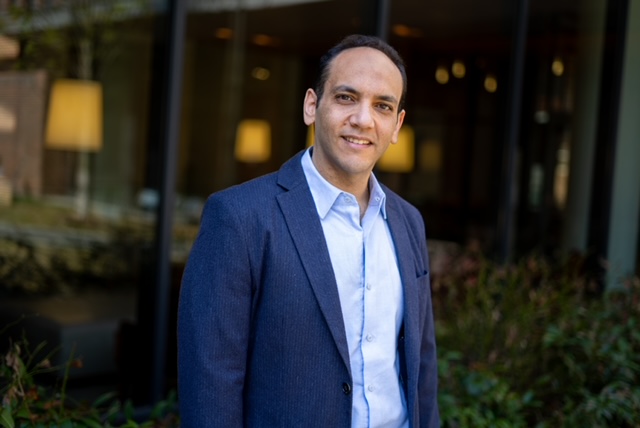RAMADAN
Ramadan 2024 will begin on the evening of Friday, February 28, and ends on the sunset of March 29. The first fasting day will be on March 1st.
Ramadan is the holiest and most important month for Muslims all over the world. Muslims believe that the gates of heaven are open and the gates of hell are closed during this month. It is a time for them to get closer to God. During the festival, adult Muslims practice fasting during daylight hours.
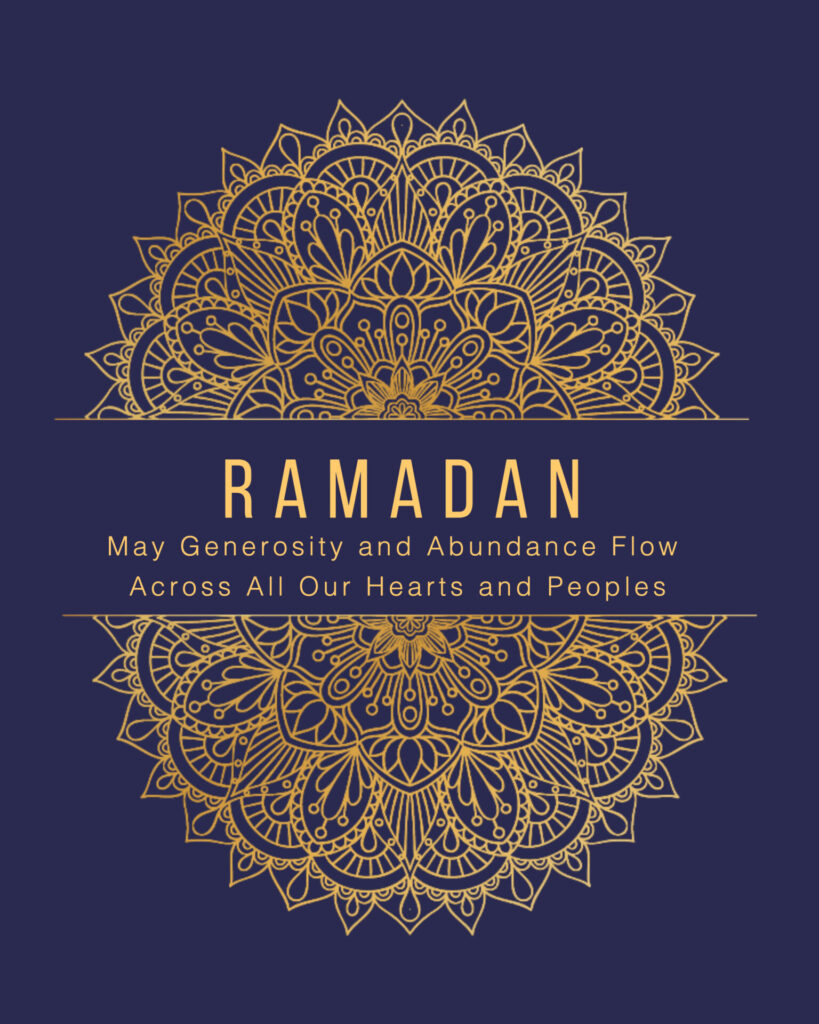
Ramadan Traditions
When does Ramadan start and end?
- Starting date: Sunday, March 10
- First day for fasting: Monday, March 11
- Laylat al-Qadr: April 5, 2024
- The last day: Tuesday, April 9
- Eid al-fitr: Wednesday, April 10
The first day (March 11th) is usually a public holiday in most Muslim countries. Eid al-fitr lasts for three days, and is also usually observed as a public holiday.
The first day of fasting will be on March 11th. From this day, Muslims have to endure a month’s fasting from dawn to sunset each day. They abstain from food, drink, intimate relationships, as well as avoid speaking any negative words and having any negative thoughts or bad habits.
Ramadan 2024 will end on the evening of Monday, April 8th. The moment the new moon appears, the festival will end.
Muslims celebrate Eid al-Fitr after the completion of the Ramadan month. The ‘Feast of Breaking the Fast’ marks the end of Ramadan.
What is Laylat al-Qadr? What is special about the last 10 days of Ramadan?
The last 10 days are the most important during Ramadan. The Night of Destiny (Laylat al-Qadr), the holiest and most blessed night of the year, takes place during this period. It is generally believed to occur on an odd-numbered night — either the 21st, 23rd, 25th, 27th, or 29th night of Ramadan.
Muslims believe that during the Night of Destiny, Allah forgives the sins of the devout. Therefore, they try to stay awake for the whole night to pray and study the Quran to seek forgiveness and blessings.
Does every Muslim have to fast?
Not every Muslim must fast. Young children, expecting and breastfeeding mothers, women who are menstruating, the elderly, and those who are traveling or severely ill don’t have to fast.
Do foreigners in the Islamic countries need to fast?
Non-Muslims visiting an Islamic country are not required to fast, but they are expected to not eat and drink in public places to show their respect. They can eat in hotels or restaurants. Restaurants often offer special areas where travelers can eat.
How long Does Ramadan fasting last?
Muslims are required to fast from dawn to sunset, but the length of daily fasts during Ramadan depends on where you live and when the sun rises and sets..
In most regions, fasting hours are shorter during the winter and longer during the summer months. Generally, fasting usually lasts from 9 to 15 hours in most Muslim countries, such as those in the Middle East (Egypt, Saudi Arabia, etc.), Indonesia, and Pakistan.
How to celebrate Ramadan traditionally
- Practice fasting and improve spiritual and physical stamina
- Iftar and suhoor with family, friends and the community
- Reading the Quran
- Exchanging gifts and donations
- Cooking traditional foods and desserts loved by family and children
Food Aid
Not all families have the privilege of celebrating Ramadan traditions. Ramadan is one of the seasonal surges that place a considerable burden on families to secure a variety of nutritious food staples. IMRelief works to ensure that vulnerable families or children are not left behind.
This year, we especially remember our families and friends in Gaza.
For $125, you can help alleviate the suffering of our brothers and sisters around the world with 30-days worth of essential food items.
Zakat
Zakat (almsgiving) is a core pillar of the Islamic faith. It is a concept that has its roots in “purification” or “growth.”
When you give through IMRelief, we are able to fulfill our commitment to leave no one behind, by providing emergency food aid and shelter, healthcare, sustainable livelihood support, and much more!
Fidya / Kaffara
Fidya and Kaffara are two solutions in Islam that can help a Muslim compensate for missed obligations during Ramadan or other religious duties – paying Fidya or Kaffara also benefits people in need.
The understanding and assessment of Fidya and Kaffara vary by time and society, and are updated based on changes in societal circumstances. The explanation below is derived from the Fiqh Council of North America. We advise you to consult with your local imam or scholar for more detailed or localized inquiries.
Fidya
Fidya is a type of donation paid as compensation by those unable to observe fasting due to illness or old age. The amount of fidya is usually the equivalent of feeding a person in need for each missed day of fasting.
The estimated cost, on guidance from notable scholars, is $15 for each day missed or $450 for all of Ramadan. However, if the donor is from a low-income family, he or she should then care for the family’s needs first before considering giving a separate Fidya donation.
Kaffara
Kaffara, within the Islamic tradition, serves as a penalty or atonement for individuals who deliberately miss or break a day of fasting. According to Islamic guidelines, if a person misses a day of fasting without a valid reason, he or she should either fast for 60 consecutive days or feed 60 people in need per day. The estimated cost is $15 per person for 60 people, which equals $900 a day for each missed or broken day.
Beyond Ramadan, Kaffara may also be given to recompense for broken oaths or promises. In these cases, 10 underprivileged people should be fed for each occurrence. The estimated cost is $15 per person for 10 people, which equals $150 per broken promise. If the donor is from a low-income family, and cannot afford the payment, it is recommended that he or she should fast for three days, and make sure to “protect your oath,” meaning he or she should stay true to his or her word going forward.
